Turner prize-nominated artist Richard Billingham directs with visual lyricism and intelligence this tough, transfixing autobiographical drama of working-class life in Thatcher’s England.
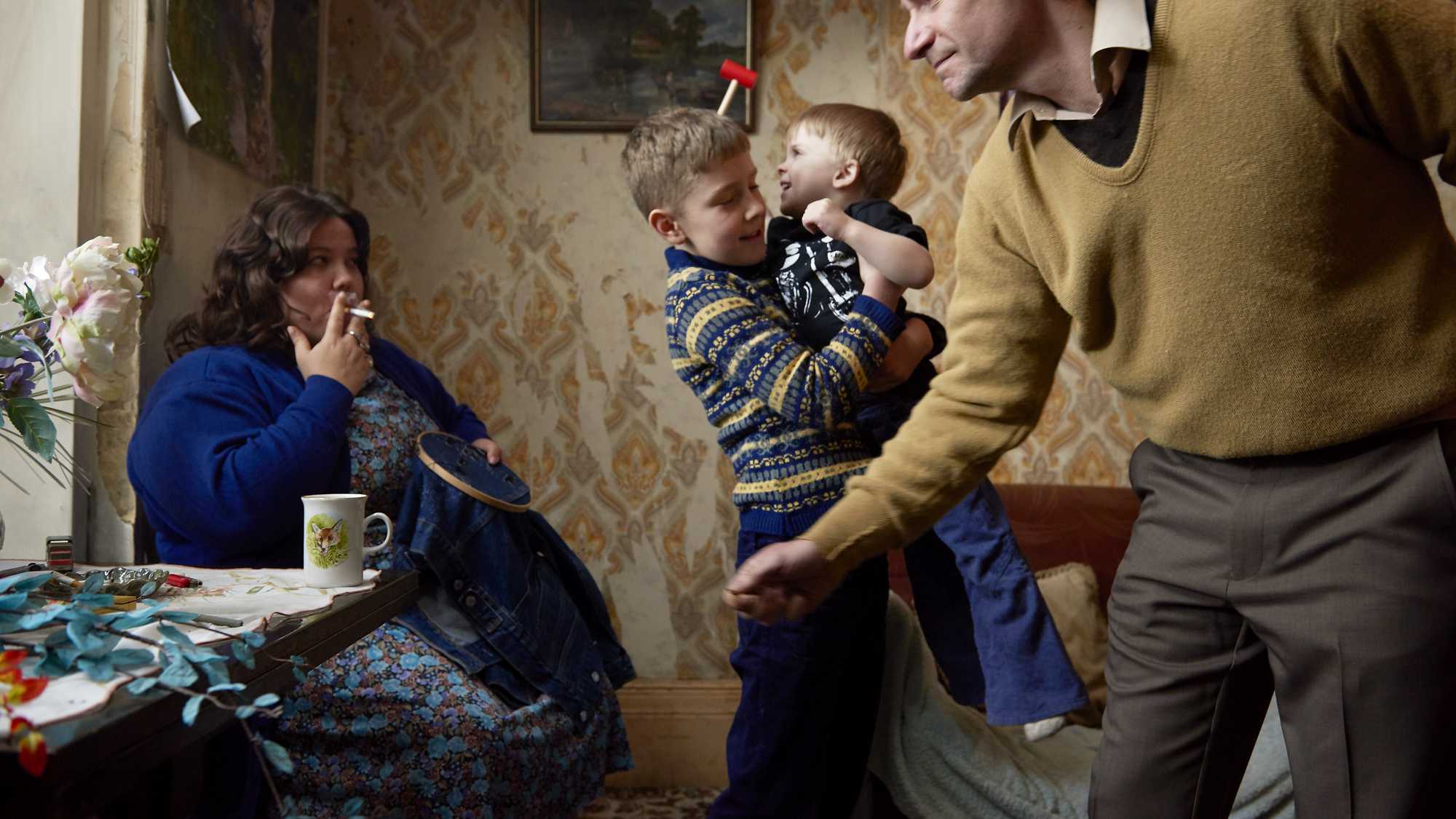
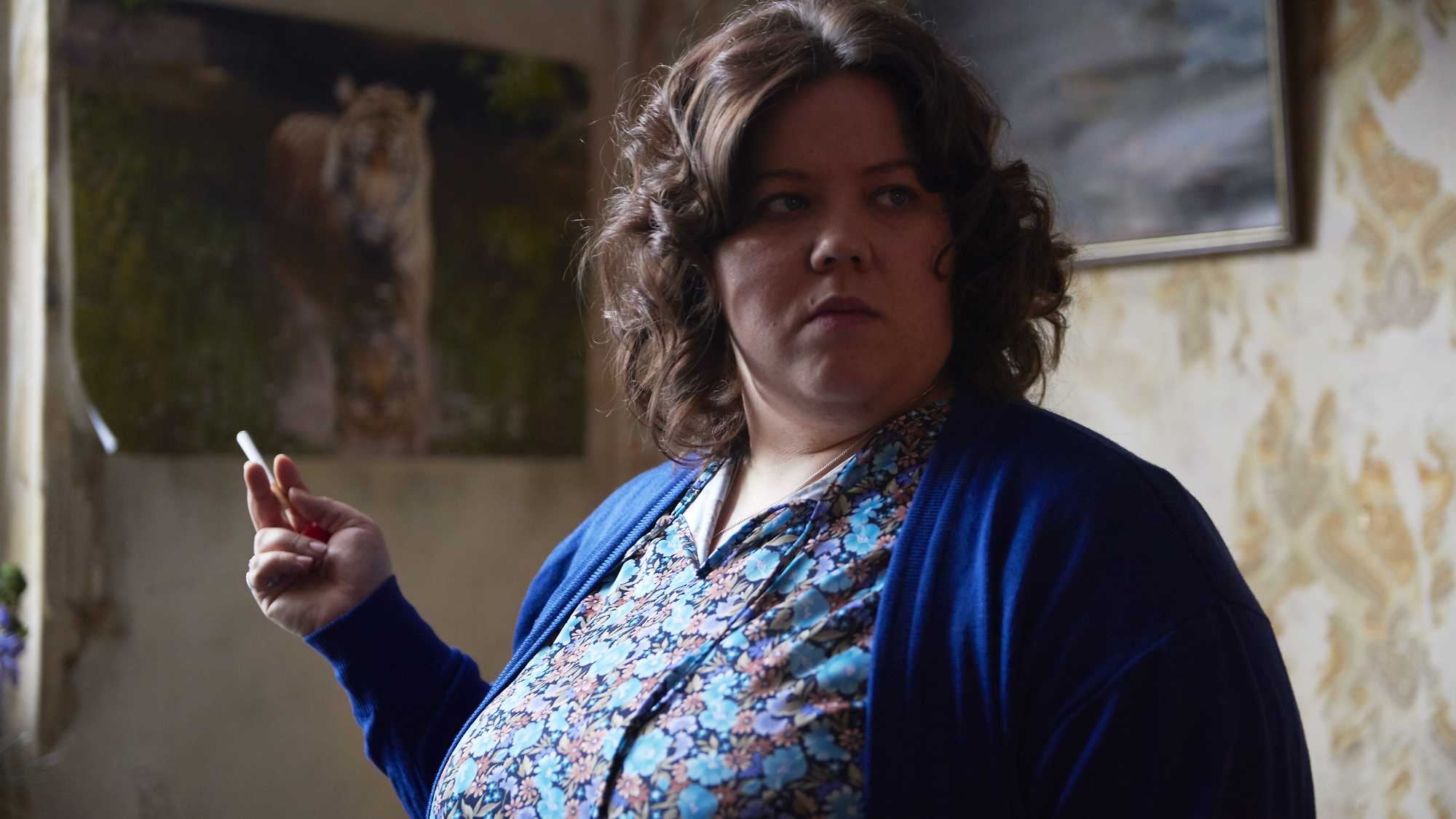
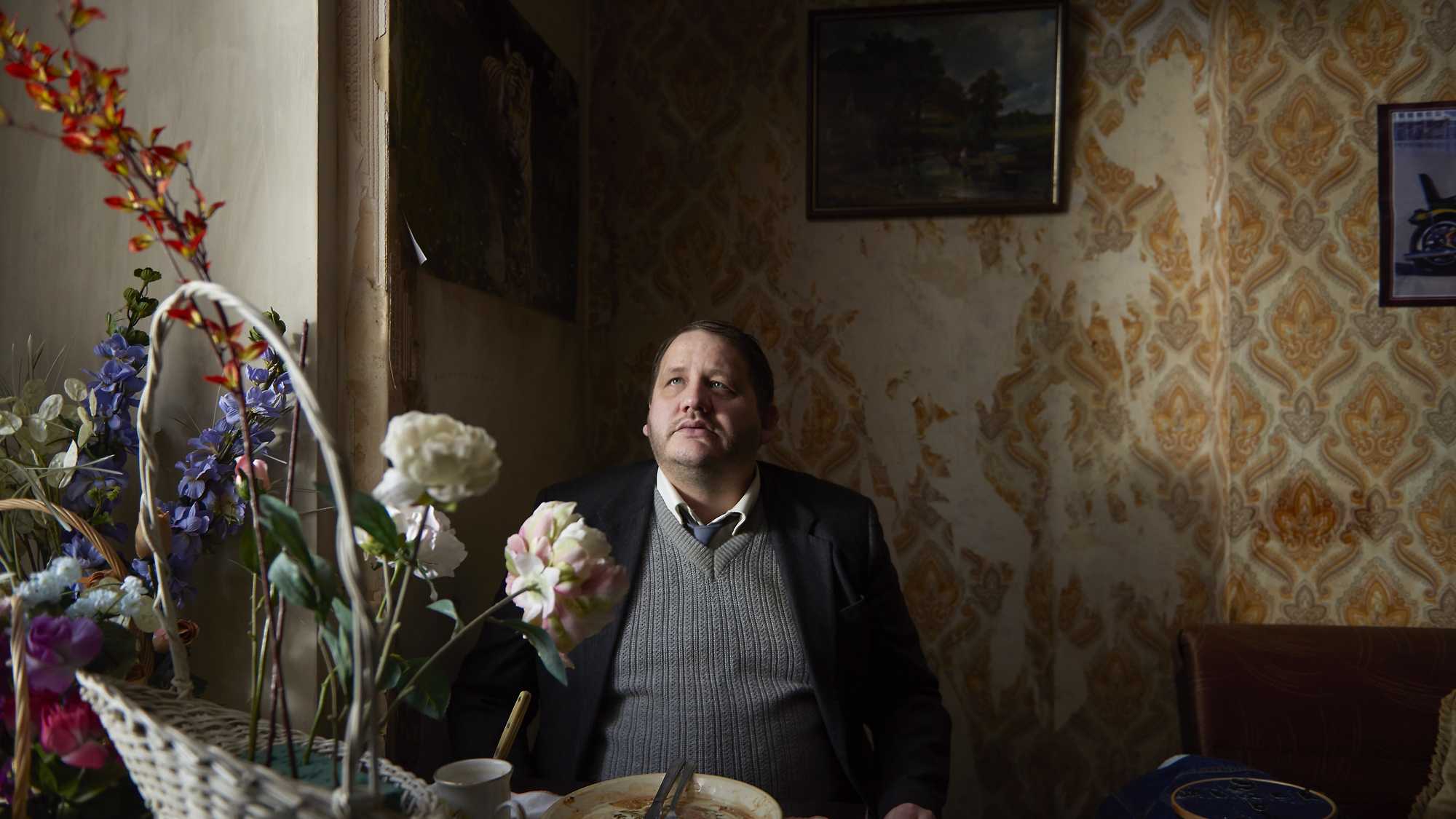
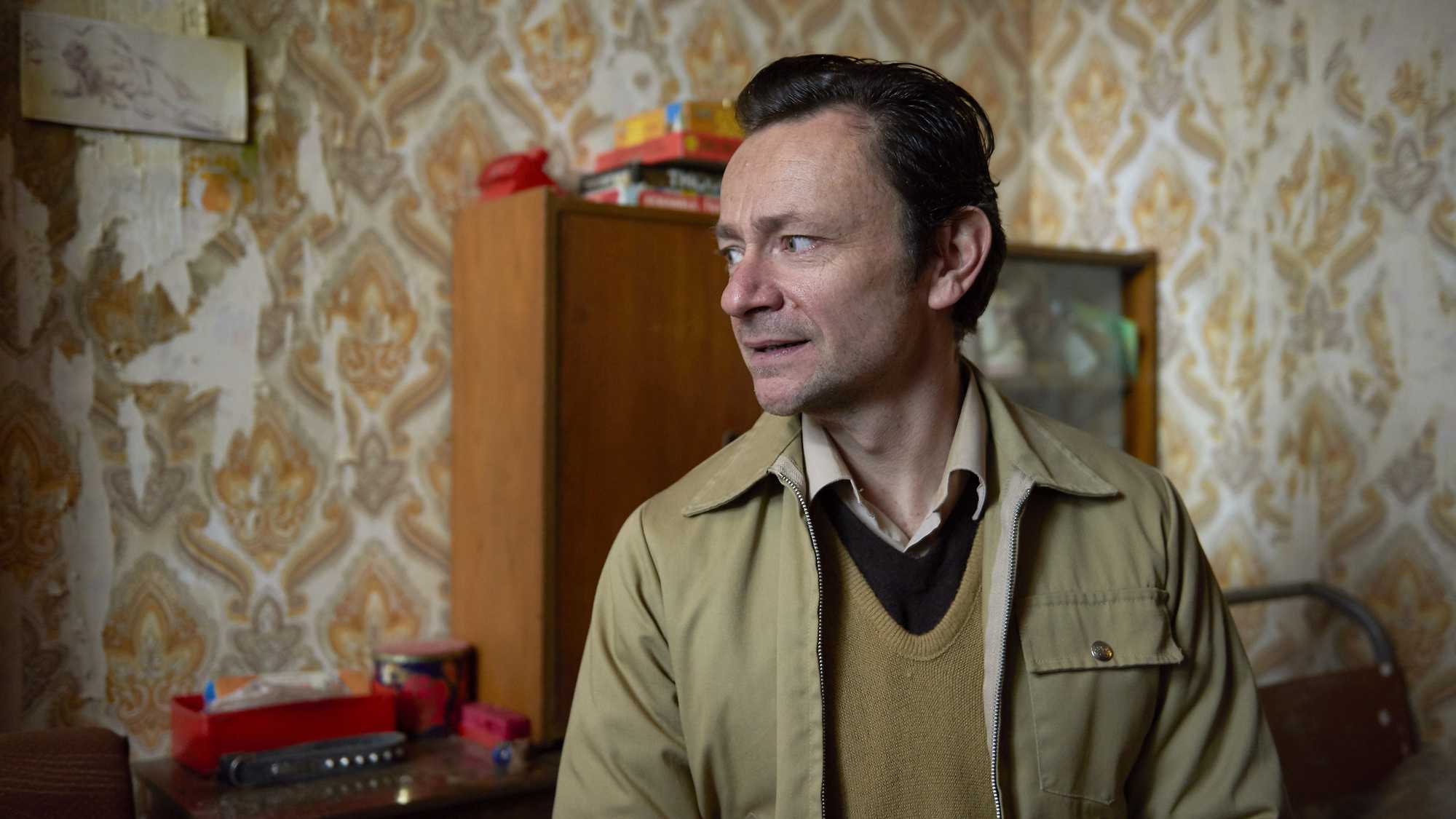
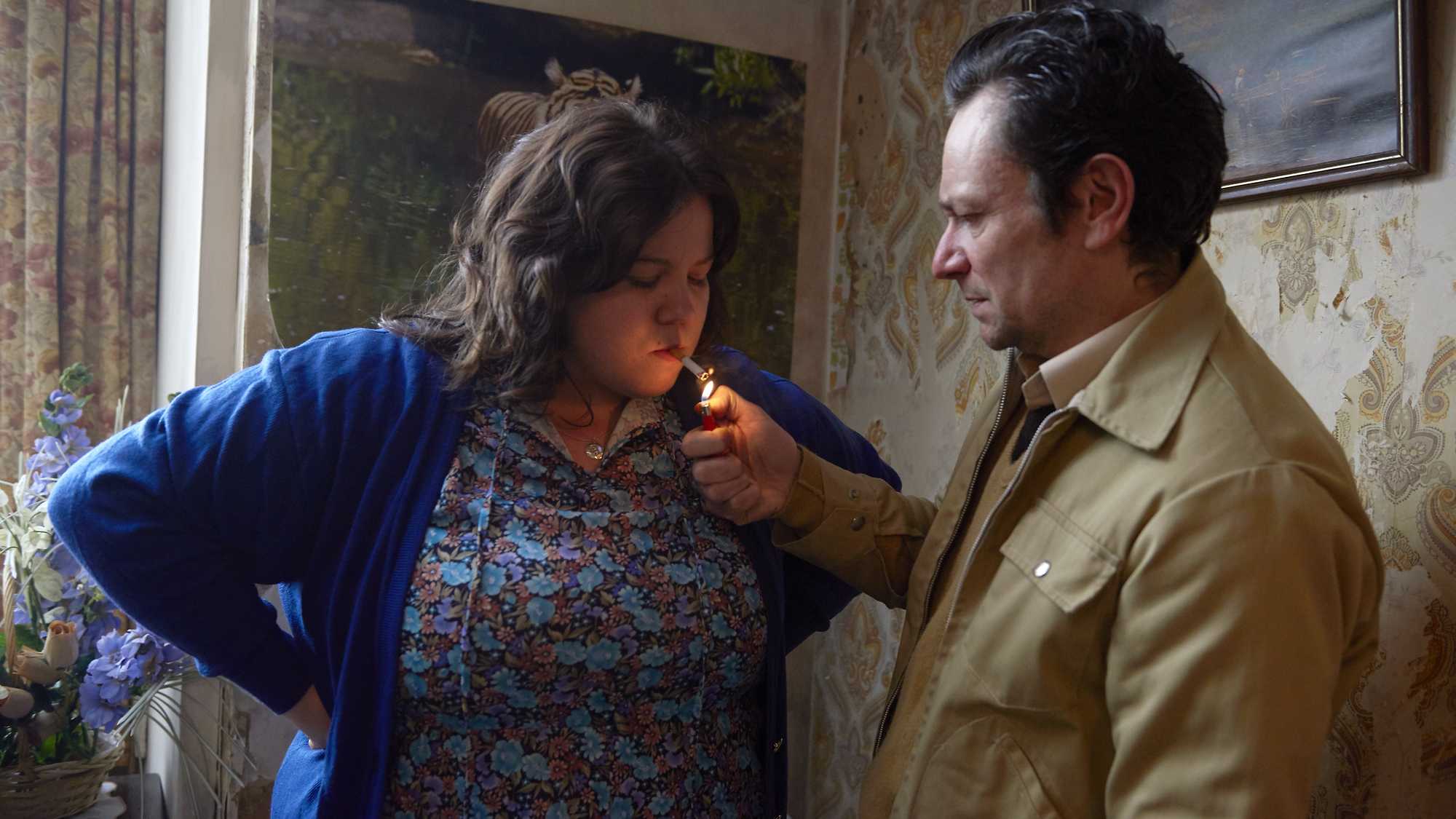
Ray & Liz is extraordinary and unflinching. And remarkably, it’s made with as much love as anger.
Screened as part of NZIFF 2019
Ray & Liz 2018
British artist Richard Billingham’s autobiographical debut feature is a vibrant and troubling portrait of family life in Thatcher’s England. Expanding on Billingham’s video installation Ray – itself an extension of his photographic book Ray’s a Laugh – the film perfectly captures the milieu of a fraught, poverty-stricken childhood in a West Midlands council flat, surrounded by selfishness, addiction and loneliness.
Ray & Liz sketches a family’s reality through the lens of elderly, alcoholic father Ray, recalling a series of vignettes from different periods of their life: a babysitting episode gone wrong, a power outage due to unpaid bills, a significant incident of neglect involving younger son Jason. The filmmaker’s reflections on his origins, while unsentimental and at times disturbing, are peppered with moments of warmth and humour.
Anchored by immersive performances, Ray & Liz calls to mind the cinema of Mike Leigh and Ken Loach, though it is the artist’s photographic eye that sets it apart. Alive with orange hues of sunsets and sunrises, as characters stare out into a world they seldom venture into, and the red tones of gas heaters warming cold nights, the images evoke the visual lyricism of a Terence Davies film – and underscore the emotional nuance behind Billingham’s work as an acclaimed photographer. — Jacob Powell
“There’s a raw tenderness even to the film’s most ghastly displays of social inequality and parental neglect, the sense of an artist not merely documenting his past, but reckoning with it.” — Guy Lodge, Variety